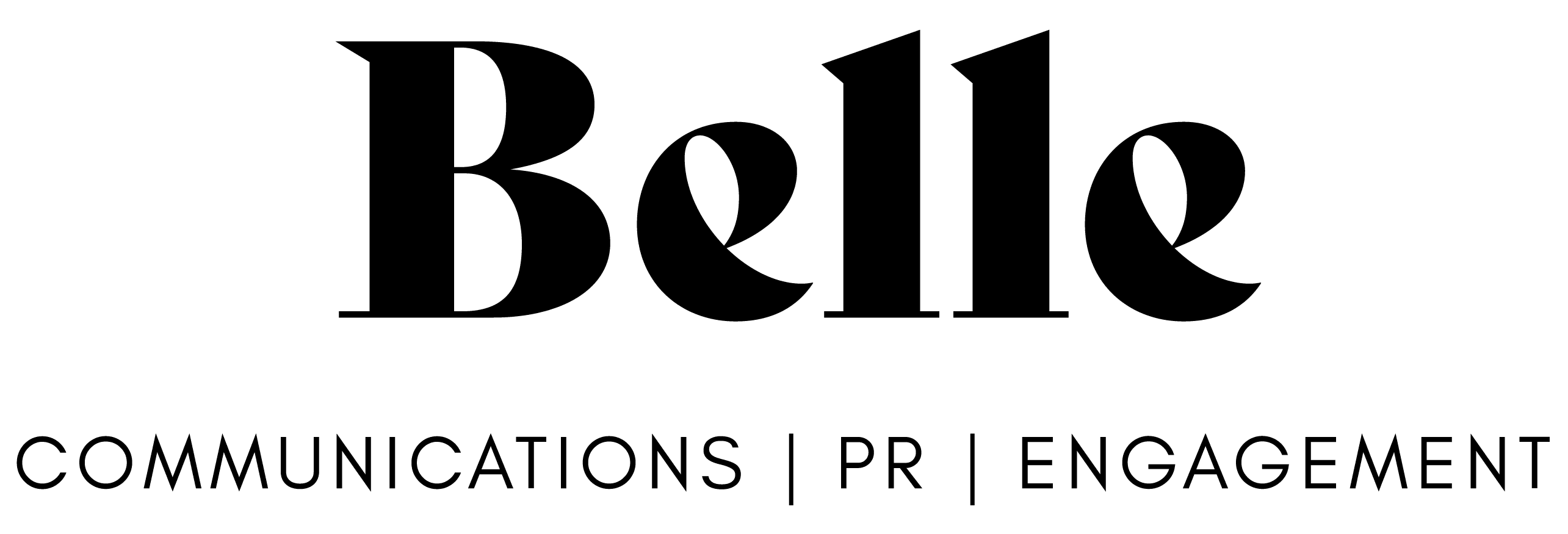Reputation is everything in business.
Warren Buffett, the renowned American business magnate and CEO of Berkshire Hathaway once said, “It takes 20 years to build a reputation and five minutes to ruin it. If you think about that, you’ll do things differently.”
Whether your business is experiencing good times or bad, reputation management should always be a top priority.
Proactive reputation management in good times
When things are going well for your business, it can be easy to overlook the importance of reputation management, but it’s just as crucial to nurture your reputation in good times as it is when things aren’t going so well. There are many ways you can do this:
1. Celebrate your successes!
When your business achieves a milestone or has a big win, it's important to celebrate and share that success both internally and externally. This can help build credibility and trust with your customers, stakeholders, and employees.
2. Monitor and manage your online presence.
Regularly monitoring your online presence can help you identify any potential issues before they become bigger problems. Responding to positive feedback and engaging with your audience can help strengthen your reputation and build goodwill.
3. Have a proactive communication and engagement strategy in place.
Proactively communicating and engaging with your key audiences, whether they be customers, business networks, industry stakeholders or staff, can help you build a strong reputation and strengthen relationships. This can include regularly sharing updates and news about your business, responding to questions and feedback, and being transparent about your operations.
Managing reputation when things don’t quite go to plan
No business is immune to challenges or crises. When your business is facing a crisis, it's essential to take steps to protect your reputation.
A great starting point is having a crisis plan in place to help you manage an event or incident should it arise. At a very high level, this will help your business to:
1. Respond quickly and honestly: When a crisis hits, addressing the issue head-on and taking responsibility for any mistakes can help mitigate damage to your reputation.
2. Be transparent: Keeping your audience informed and updated about the situation can help build trust and credibility. Being transparent about any steps you're taking to address the situation can also help reassure your stakeholders.
3. Focus on rebuilding: Once the crisis has passed, it's important to focus on rebuilding your reputation, using some of the proactive examples outlined above.
CASE STUDIES:
Air New Zealand
Air New Zealand is currently working through this process of rebuild.
Prior to the pandemic, Air New Zealand was known for its innovative and creative marketing campaigns, which helped build a strong reputation for the airline.
During the COVID-19 pandemic, Air New Zealand faced significant challenges, including border closures and travel restrictions, and reimbursing travellers for airfares booked prior to lockdown. The company responded quickly and proactively where it could, launching new domestic routes and offering flexible booking policies to meet the changing needs of customers.
Air New Zealand’s has continued to suffer extraordinary challenges, most recently having 20,000 weather-related refund claims to manage.
The airline continues to respond quickly and has focused on transparency so those affected understand the situation and process.
Eventually, once the backlog is cleared, these actions will help Air New Zealand repair its reputation for customer service and innovation, even during challenging times.
Fonterra
In 2013, Fonterra faced a reputation crisis when it was discovered that some of its milk powder was contaminated with a bacteria that could cause botulism. The incident was widely reported in the media, and there was concern among consumers about the safety of Fonterra's products.
Fonterra took several steps to manage its reputation in response to the incident. Here are a few examples:
1. Fonterra moved quickly to contain the issue and recall the contaminated products. The company also made a public statement about the incident and apologised for any harm caused.
2. Fonterra was transparent about the situation, releasing regular updates to the media and the public about the status of the investigation and the steps being taken to address the issue.
3. Fonterra set up a crisis management team to coordinate its response to the incident. The team worked closely with government agencies and other stakeholders to ensure that the issue was resolved as quickly and effectively as possible.
4. Fonterra communicated regularly with its customers and suppliers, as well as with the wider public, about the steps being taken to address the issue and to ensure the safety of its products.
5. Fonterra took steps to rebuild trust with its customers and stakeholders following the incident. For example, the company invested in additional testing and quality control measures to ensure the safety of its products, and it established a fund to compensate affected farmers.
While the incident was undoubtedly damaging, the company's swift action, transparency, and communication helped to mitigate the harm caused and rebuild trust with its stakeholders.

